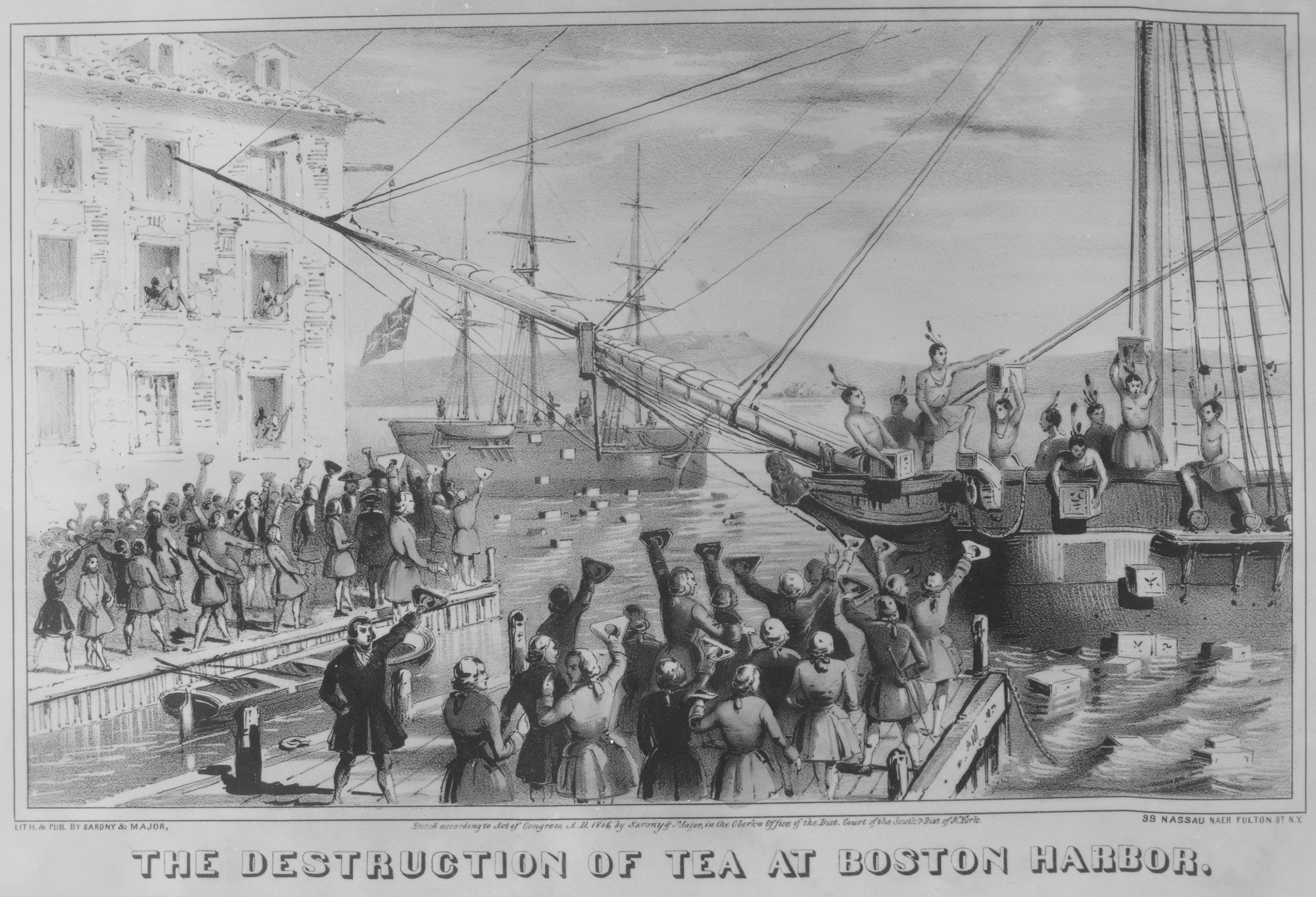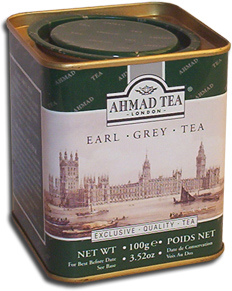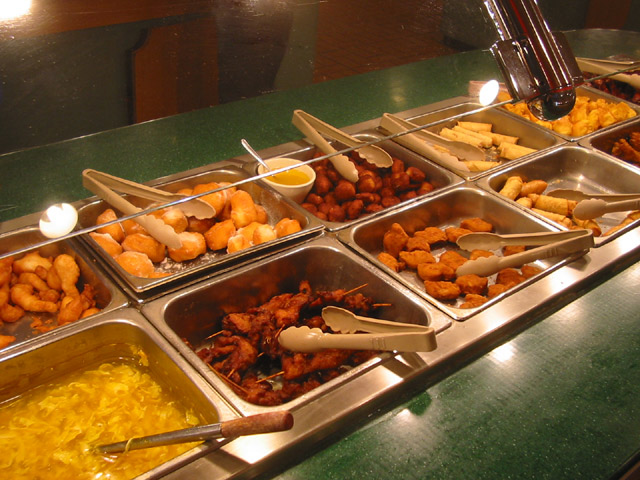One thing we French know how to do better than anyone else is national anthems. Everyone knows the name of ours: - "La Marseillaise". Most people would probably have heard it in Casablanca, the scene where there were only a few instruments, yet it sounded like a full orchestra.
I notice that the Paris-Marseille train journey in that film isn't as fast as the 3h05m non-stop journey available today, but then French technology does move very quickly. Anyway, enough of that, back to my bragging about how "La Marseillaise" is the best anthem in the world, as confirmed by various polls. Sometimes, I have been unfortunate enough to hear football fans singing "God save the Queen" in a thoroughly tuneless way, as well as hearing incompetent musical arrangements of "The star-spangled banner". The one below is one of the better arrangements I could condescend to put onto this blog, but it still doesn't compare to "La Marseillaise".
The anthem is so named because of its use by volunteers in Marseille, my home city and the home of my beloved pastis: -
A well-known rendition of the anthem was sung by Mireille Mathieu, a singer who comes from Avignon, just two stops on the TGV from Marseille and is famous for her pudding-basin haircut (not really to my taste, but never mind).
Anyway, I'll finish my gloating by leaving you with the poetic beauty of the full lyrics of "La Marseillaise", which are shown below (with a literal English translation): -
| Allons enfants de la Patrie, | Arise, children of the Fatherland, |
| Le jour de gloire est arrivé ! | The day of glory has arrived! |
| Contre nous de la tyrannie, | Against us tyranny |
| L'étendard sanglant est levé, (bis) | Raises its bloody banner (repeat) |
| Entendez-vous dans les campagnes | Do you hear, in the countryside, |
| Mugir ces féroces soldats ? | The roar of those ferocious soldiers? |
| Ils viennent jusque dans vos bras | They're coming right into your arms |
| Égorger vos fils, vos compagnes ! | To cut the throats of your sons and women! |
| Aux armes, citoyens, | To arms, citizens, |
| Formez vos bataillons, | Form your battalions, |
| Marchons, marchons ! | Let's march, let's march! |
| Qu'un sang impur | Let an impure blood |
| Abreuve nos sillons ! | Water our furrows! (repeat) |
| Que veut cette horde d'esclaves, | What does this horde of slaves, |
| De traîtres, de rois conjurés ? | Of traitors and conjured kings want? |
| Pour qui ces ignobles entraves, | For whom are these vile chains, |
| Ces fers dès longtemps préparés ? (bis) | These long-prepared irons? (repeat) |
| Français, pour nous, ah ! quel outrage | Frenchmen, for us, ah! What outrage |
| Quels transports il doit exciter ! | What fury it must arouse! |
| C'est nous qu'on ose méditer | It is us they dare plan |
| De rendre à l'antique esclavage ! | To return to the old slavery! |
| Aux armes, citoyens... | To arms, citizens... |
| Quoi ! des cohortes étrangères | What! Foreign cohorts |
| Feraient la loi dans nos foyers ! | Would make the law in our homes! |
| Quoi ! Ces phalanges mercenaires | What! These mercenary phalanxes |
| Terrasseraient nos fiers guerriers ! (bis) | Would strike down our proud warriors! (repeat) |
| Grand Dieu ! Par des mains enchaînées | Great God ! By chained hands |
| Nos fronts sous le joug se ploieraient | Our brows would yield under the yoke |
| De vils despotes deviendraient | Vile despots would have themselves |
| Les maîtres de nos destinées ! | The masters of our destinies! |
| Aux armes, citoyens... | To arms, citizens... |
| Tremblez, tyrans et vous perfides | Tremble, tyrants and you traitors |
| L'opprobre de tous les partis, | The shame of all parties, |
| Tremblez ! vos projets parricides | Tremble! Your parricidal schemes |
| Vont enfin recevoir leurs prix ! (bis) | Will finally receive their reward! (repeat) |
| Tout est soldat pour vous combattre, | Everyone is a soldier to combat you |
| S'ils tombent, nos jeunes héros, | If they fall, our young heroes, |
| La terre en produit de nouveaux, | The earth will produce new ones, |
| Contre vous tout prêts à se battre ! | Ready to fight against you! |
| Aux armes, citoyens... | To arms, citizens... |
| Français, en guerriers magnanimes, | Frenchmen, as magnanimous warriors, |
| Portez ou retenez vos coups ! | You bear or hold back your blows! |
| Épargnez ces tristes victimes, | You spare those sorry victims, |
| À regret s'armant contre nous. (bis) | Who arm against us with regret. (repeat) |
| Mais ces despotes sanguinaires, | But not these bloodthirsty despots, |
| Mais ces complices de Bouillé, | These accomplices of Bouillé, |
| Tous ces tigres qui, sans pitié, | All these tigers who, mercilessly, |
| Déchirent le sein de leur mère ! | Rip their mother's breast! |
| Aux armes, citoyens... | To arms, citizens... |
| Amour sacré de la Patrie, | Sacred love of the Fatherland, |
| Conduis, soutiens nos bras vengeurs | Lead, support our avenging arms |
| Liberté, Liberté chérie, | Liberty, cherished Liberty, |
| Combats avec tes défenseurs ! (bis) | Fight with thy defenders! (repeat) |
| Sous nos drapeaux que la victoire | Under our flags, shall victory |
| Accoure à tes mâles accents, | Hurry to thy manly accents, |
| Que tes ennemis expirants | That thy expiring enemies, |
| Voient ton triomphe et notre gloire ! | See thy triumph and our glory! |








.jpg)



